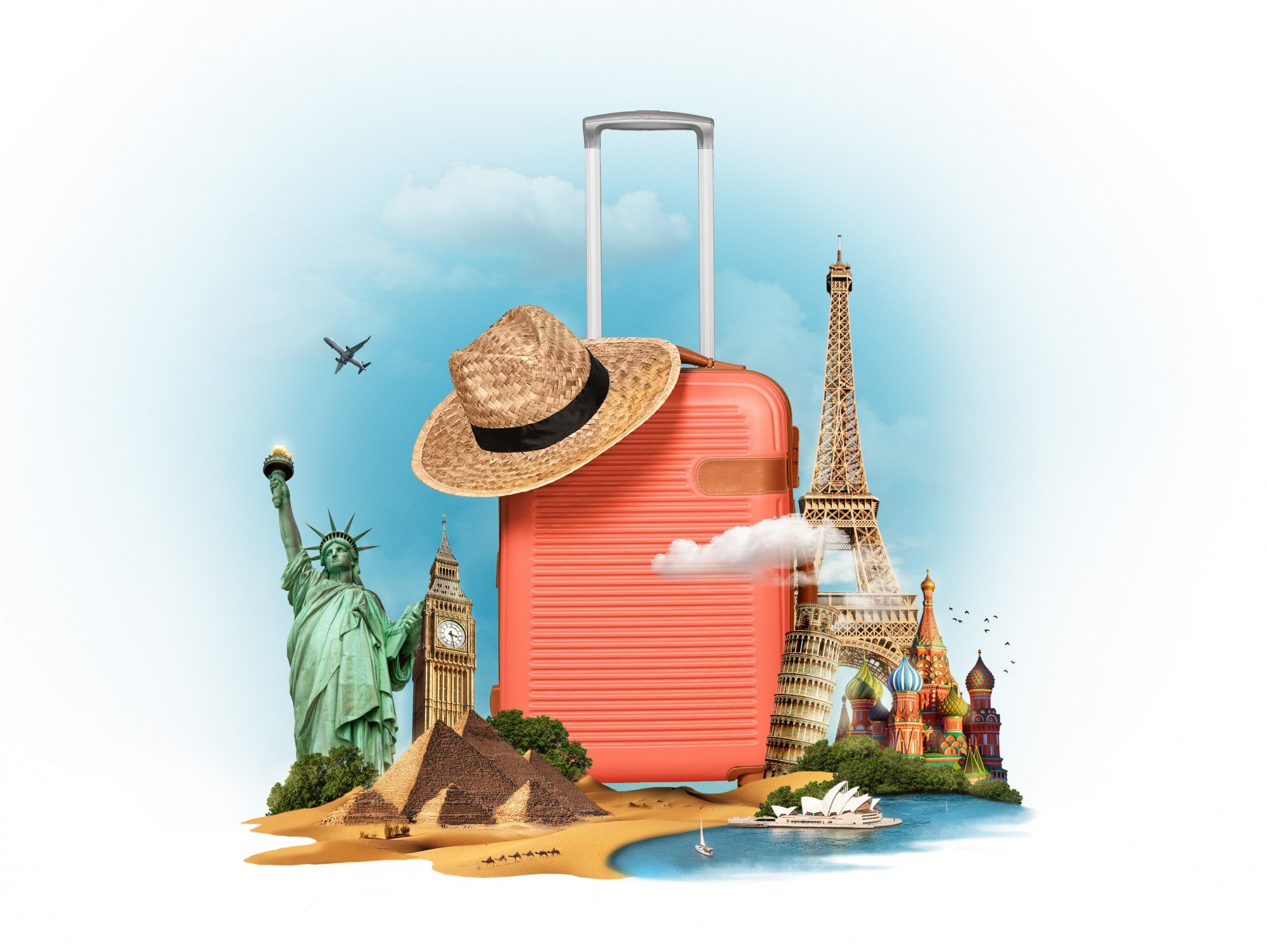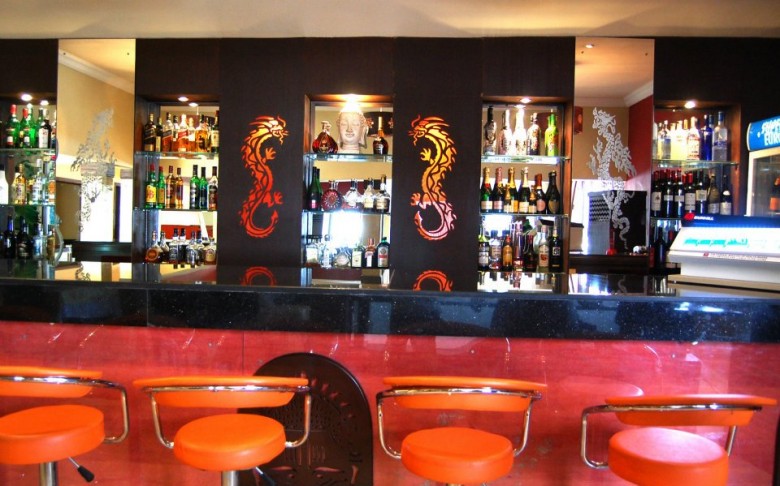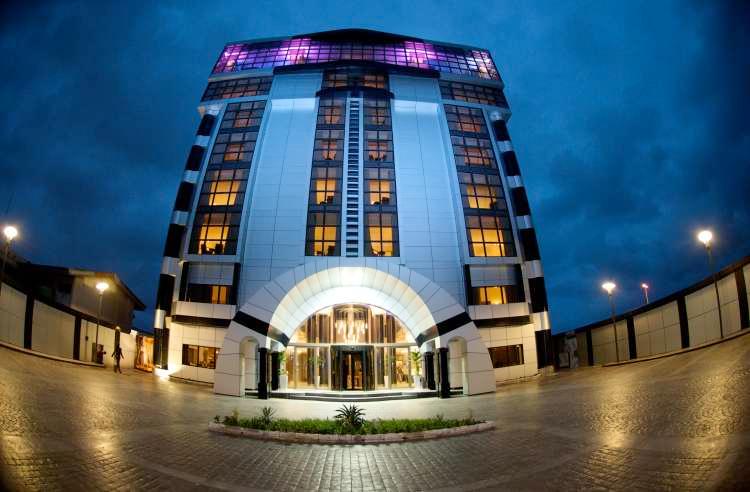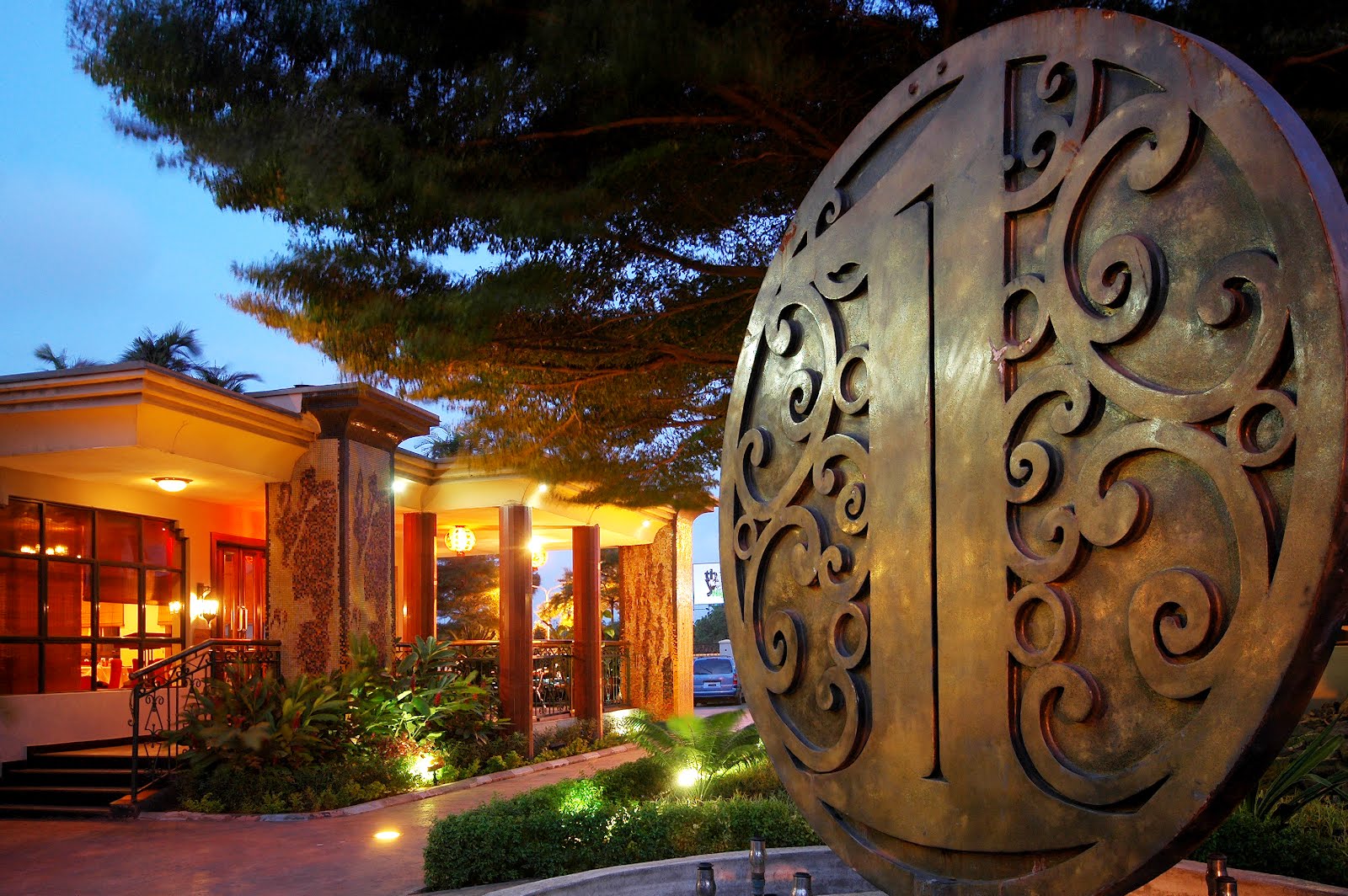Hotels.ng Blog
Hotels.ng Guides
All you need to know about Travel in Nigeria!

Explore More Articles
-

Coronavirus: Eat these foods to boost your immu...
Immune boosters are supplements, food substances or a range of activities (such as regular exerci... Stephen Akadiri . 25 Mar 2020 -

Coronavirus; Fun things to do while staying at ...
Staying at home during the coronavirus pandemic can become very boring not just for extroverts bu... Rebecca . 23 Mar 2020 -

Complete list of Nigerian celebrities and top g...
Since the first COVID-19 virus case was recorded in Nigeria on the 27th of February 2020, the num... Stephen Akadiri . 31 Mar 2020 -

Coronavirus and Flu: The similarities and diffe...
Human coronaviruses are not as new as they seem. As a matter of fact, they are common throughout ... Stephen Akadiri . 26 Mar 2020 -

How long will it take to get a cure or vaccine ...
Coronavirus has brought the world to a halt as scientists around the globe are in a race against ... Eniola Arowosegbe . 31 Mar 2020 -

Signs showing that you DO NOT have the Corona V...
Since the outbreak of the novel COVID-19 virus worldwide, there are so many information out ther... Stephen Akadiri . 24 Mar 2020 -

Things you should know when you get the corona ...
With the rapid spread of the corona virus pandemic, warning bells are being sounded all over abou... Eniola Arowosegbe . 23 Mar 2020 -

The Myth About Heat and CoronaVirus
I once heard a woman say, ?God deliberately increased the temperature from heaven so that it will... Mosimileoluwa Alabi . 23 Mar 2020 -

Nigerian States currently on lockdown due to co...
As the number of coronavirus cases continue to increase in Nigeria, a population of 200 million p... Eniola Arowosegbe . 01 Apr 2020 -

Covid-19: Day 1 of the Lagos Shut down
On the 24th of March, the Lagos State Government under the leadership of His Excellency Babajide ... Nnamdi . 26 Mar 2020 -

Chloroquine as a cure for coronavirus: All you ...
Since the outbreak of the coronavirus pandemic worldwide, attempts are being made by affected cou... Stephen Akadiri . 01 Apr 2020 -

Why you should close down your office and work ...
There has been increasing debate in different countries around the globe on the enforcement of a ... Eniola Arowosegbe . 25 Mar 2020 -

Progressive daily symptoms of the corona virus ...
The corona virus pandemic is predominantly ascribed to being a respiratory illness, it sprea... Eniola Arowosegbe . 23 Mar 2020 -

Things to stock up at home before going on self...
It has become an imperative according to the directive by NCDC- Nigeria Center for Disease Contro... Rebecca . 24 Mar 2020 -

Social Distancing: Can Nigerians Survive It?
Social distancing, or?physical distancing,?is a set of?infection control?actions intended to stop... Rebecca . 26 Mar 2020 -

Is The Coronavirus Airborne?
The spread of the Coronavirus in Nigeria and other affected countries has been rapid and quite ag... Mosimileoluwa Alabi . 24 Mar 2020 -

How to protect yourself from the coronavirus wh...
As the number of confirmed cases of coronavirus in Nigeria keeps increasing geometrically, some o... Stephen Akadiri . 25 Mar 2020 -

How to deal with power issues while working fro...
Since the first recorded case of Coronavirus in Nigeria, Nigerians have been advised to practice ... Nnamdi . 24 Mar 2020 -

Potential Economic Impact of Coronavirus in Nig...
As the Coronavirus is spreading fast across Nigeria and other countries of the world, governments... Mosimileoluwa Alabi . 25 Mar 2020 -

Why you should self-isolate if you are a return...
Inspite of the various bans and restrictions being placed on public gatherings, people are still ... Eniola Arowosegbe . 26 Mar 2020
